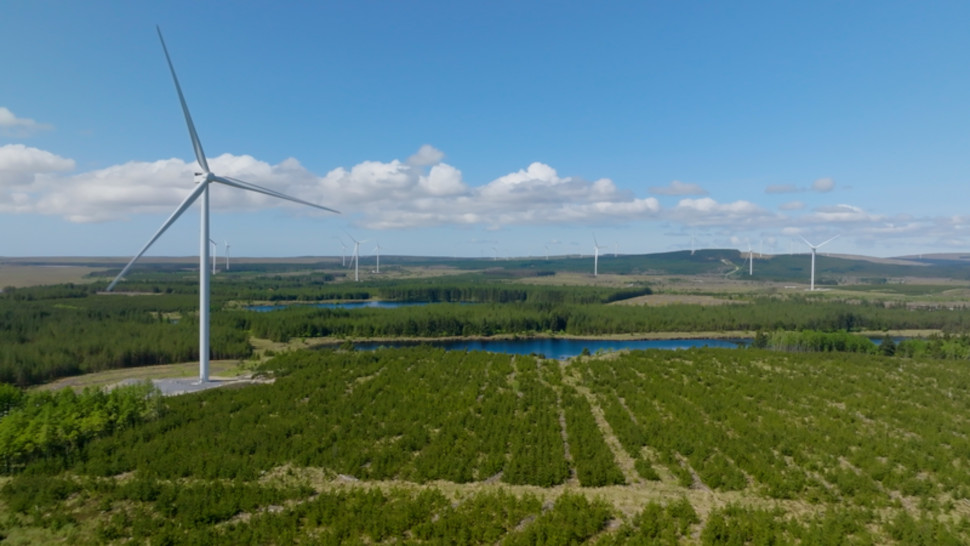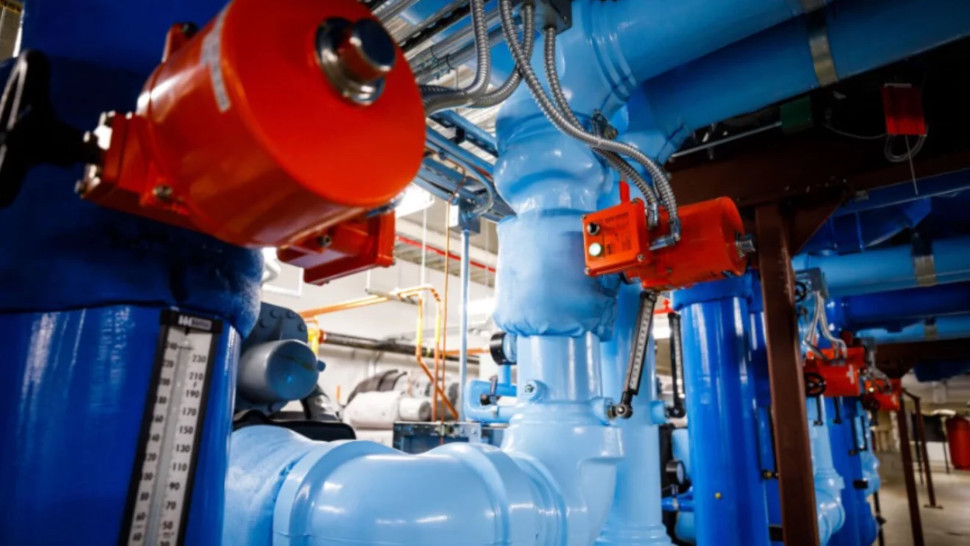
With more of the world's businesses moving towards cloud computing, the growth in the industry has enjoyed a significant boost in recent years.
But this growth has also raised concerns around sustainability, and the effect that cloud computing as a whole is having on the environment.
Amazon Web Services (AWS) has been at the forefront of cloud for many years now, and took the opportunity at its recent AWS re:Invent 2023 event to spell out more of its goals for a sustainable, environmentally-friendly future.
Going green(er)
"It used to be really difficult to do corporate renewable energy projects," Tracy Baldwin, Global Lead, Sustainability, AWS told us at the event, "(but) there's a huge range of potential across industries."
She adds that sustainability has long been a key driver for AWS, which claims to be the world’s largest corporate buyer of renewable energy, with no less than 479 renewable energy projects currently in operation across the globe.
This includes an impressive 78 new projects launched in 2023 alone, contributing 26 gigawatts of capacity - enough to power 19.4 million European homes. Baldwin is also keen to point out that AWS operated on 90% renewable energy over the course of 2022, putting the company well on track to hit its goal of hitting 100%% renewable energy usage by 2025.

Along with the obvious benefits of using more clean energy, Baldwin also looks to highlight the economic impacts of AWS' action. She notes that the company's projects generated over $12bn in investment over the course of 2014-2022, with 39,000 full time jobs generated in 2022 alone.
"It's not just the engineers on the renewable energy projects - there's a huge number of careers that are going to be necessary for the energy transition," she notes, highlighting how the company partners with developers and local communities near to its data centers to maximise local interest and involvement.
This is also seen in the company's water usage, a growing consideration when utilizing the huge scale of cloud computing power needed to optimize the next generation of generative AI.
However AWS is working hard to lessen its impact on the environment here, with Baldwin noting that the company was the first to be approved for using recycled water in data centers for cooling, and highlighting that in some communities, AWS can return up to 96% of water used in such situations for use in irrigation and other areas. The company is also reportedly working hard on its water replenishment work, as Baldwin notes that when all its projects are in full operation, AWS estimates it will be able to return 3.9bn liters of water per year to communities.

One of the key themes of AWS re:Invent 2023 was efficiency, with benefits across the board in the company's new releases and upgrades, whether that was via new hardware (its flagship Graviton4 and Trainium2 chips) down to software management and effectiveness tools.
"We're focused on efficiency from the beginning, across every part of the infrastructure," Baldwin says, adding that this focus on environmental work and sustainability is really putting AWS ahead of the competition going forward.
"We found that our customers have told us...they're much more inspired when their goals are tied to improving environmental performance," she adds.
“Our customers have seen over the past years that they can do more with less as we improve the performance of our hardware…it’s higher performance and higher energy efficiency, that’s absolutely leading to better productivity for customers."
More from TechRadar Pro
- AWS CEO - the cloud is for everyone, so don’t stop reinventing
- We've rounded up the best AI writers around right now
- And here are the best AI tools to boost your business







